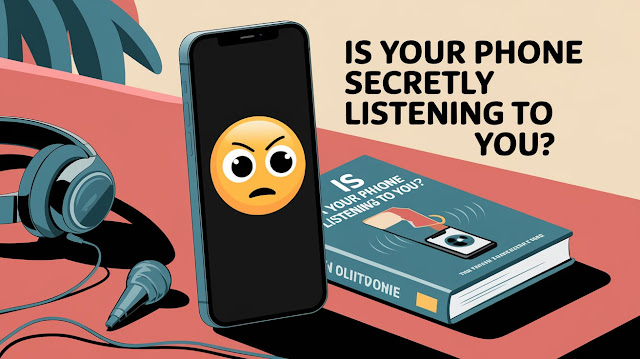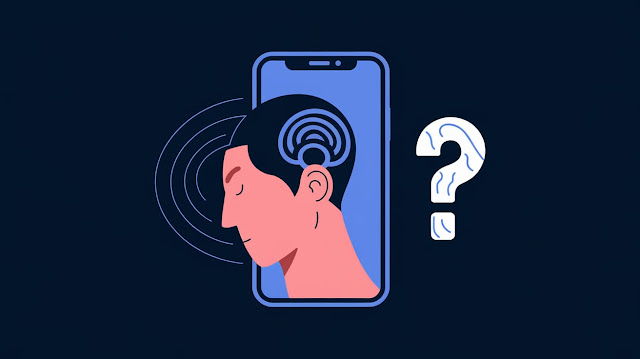Yes, your phone is listening—at least partially. Any smartphone has voice assistants such as Siri, Google Assistant, or Alexa, which use passive listening to identify wake words such as "Hey Siri" or "OK Google." This implies your phone's microphone is constantly available, listening in for audio fragments to recognize the triggers. Still, technology firms say that it does not capture or send any data until after the wake word is heard.
Despite these reassurances, there have been worries that apps and services are tapping microphones without the user's permission. Users report finding eerily appropriate ads after spontaneous conversations, prompting rumors that phones are secretly listening for advertising. Whilst Apple, Google, and Facebook deny allegations, the incredible precision of targeted ads raises many people's suspicions.
Microphone-enabled apps may listen in the background, particularly when permissions are granted unknowingly by users. Legitimate apps may employ voice data for voice commands or transcription, but malicious apps may utilize microphone access to spy or collect data unauthorized. Enabling review of app permissions and limiting microphone access to unnecessary apps helps preserve privacy.
To reduce risks, users can do a number of things: turn off voice assistants when idle, restrict microphone access for apps, and periodically review privacy settings. Moreover, employing hardware-based microphone blockers or airplane mode can block unwanted audio tracking.
Although there's no solid evidence that mainline tech firms are knowingly spying on users using phone microphones, there can't be a complete denial of the possibility of data gathering. With rising digital surveillance, knowledge and vigilance about privacy settings is the strongest protection against probable eavesdropping.









0 Comments